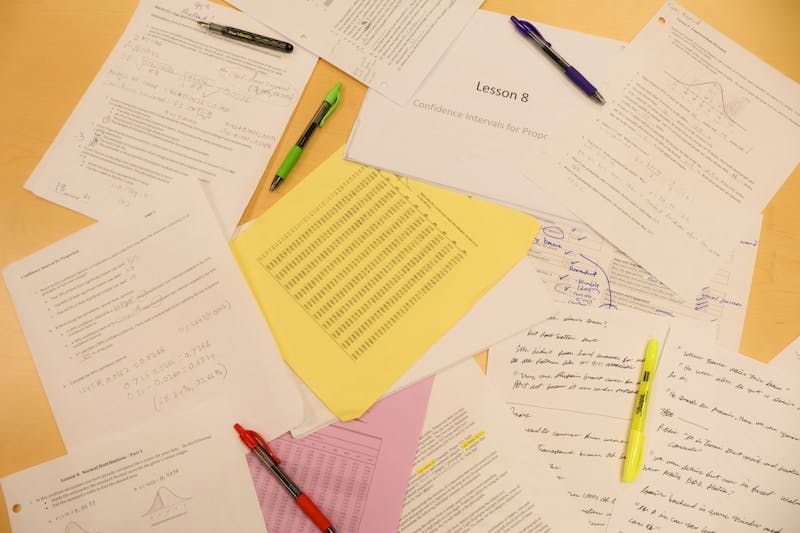Voters hoping to hear what Vice President Kamala Harris plans to do differently from her predecessor if elected president were left holding their breath after the candidate’s first sit-down interview last week with CNN’s Dana Bash.
They may have to wait and see if she gets elected to find out, as the softball discussion with Harris and former Minnesota Gov. Tim Walz, the vice-presidential candidate, offered numerous platitudes and not a lot of substance.
Harris devoted most of her speaking time to repeating one of her campaign slogans and offering Americans “a new way forward,” praising President Joe Biden’s sacrifice and generally dodging any specifics on her stances or how she plans to execute her agenda.
Democrats may be banking on her opponent, former President Donald Trump, being so eminently unlikeable that voters will gladly lineup to punch a Harris-Walz ticket, but they forget that those same citizens were, until only a couple of months ago, dissatisfied with how the Biden-Harris administration managed the issues.
At the forefront of those issues is the economy, and Harris did reveal more on the subject during the interview. Harris said that she is looking for middle-class tax cuts. That’s good to hear but will be tough to square with the inevitable new entitlements that accompany a new administration. And the details of what form this middle-class relief takes remain murky. The worst iteration of tax relief will be the kind that is not much help at all — tax credits, a plan that she endorsed during her sit down with Bash.
The two credits Harris is looking to implement are a child tax credit and one for first-time homebuyers. Both have been rolled out on a temporary basis throughout some combination of the past three presidential administrations, and none of them has helped the majority of Americans put food on the table. The rub is that if a family buys a home or has a baby in July, those costs start piling up immediately, and they do not wait until tax season ends in April.
The better option would be to trust Americans to best decide how their money is spent in real time and reduce the amount pilfered from their paychecks. This is especially important after the record inflation of the past few years.
The bad news about Harris’s economic plans was her defense of “Bidenomics,” the name given to President Biden’s economic policies. Harris said that the economy is so dismal because “we had to recover as an economy.” This is untrue. When Biden took over as president in 2021, the labor market was already improving. With the rollout of the COVID-19 vaccine, all the incoming president had to do was stay out of the way. Instead, the Biden-Harris administration released a wave of stimulus money that pushed the inflation wave forward with vengeance.
The labor market did not escape the administration’s policies unscathed, either. A continuing battle between the United Auto Workers union and Stellantis, the parent company over Chrysler, Dodge, Jeep, Ram and Fiat, is playing out in Belvidere, Illinois. The issue at hand is the cancellation of plans to reopen a shuttered production plant as a new home for electric vehicle manufacturing. Stellantis, like other automakers, was required to make more electric vehicles by the Biden administration, despite them losing money.
That is not conjecture, either. Around the same time that Stellantis announced its stepdown from electric vehicles, Ford revealed that it is canceling its plans for a new electric SUV. The reason? The company lost $44,000 per electric vehicle sold in the second quarter and is slated to lose $5 billion on them by the end of the year. The UAW is considering going on strike.
The union in Belvidere represents around 200 employees, but with widespread losses on electric vehicles in the face of millions of dollars in tax credits offered by both federal and state governments, the tide is already turning. Harris needs the U.S. auto industry to not collapse before election.
Harris’s strength will come from social issues, as is normally the case for Democrats. But those causes may not be enough if voters feel the Democrats are to blame for their living paycheck-to-paycheck. As Bill Clinton’s campaign strategist Jim Carville said during the 1992 election that saw incumbent Republican George Bush lose, “It’s the economy, stupid.”


The Slate welcomes thoughtful discussion on all of our stories, but please keep comments civil and on-topic. Read our full guidelines here.